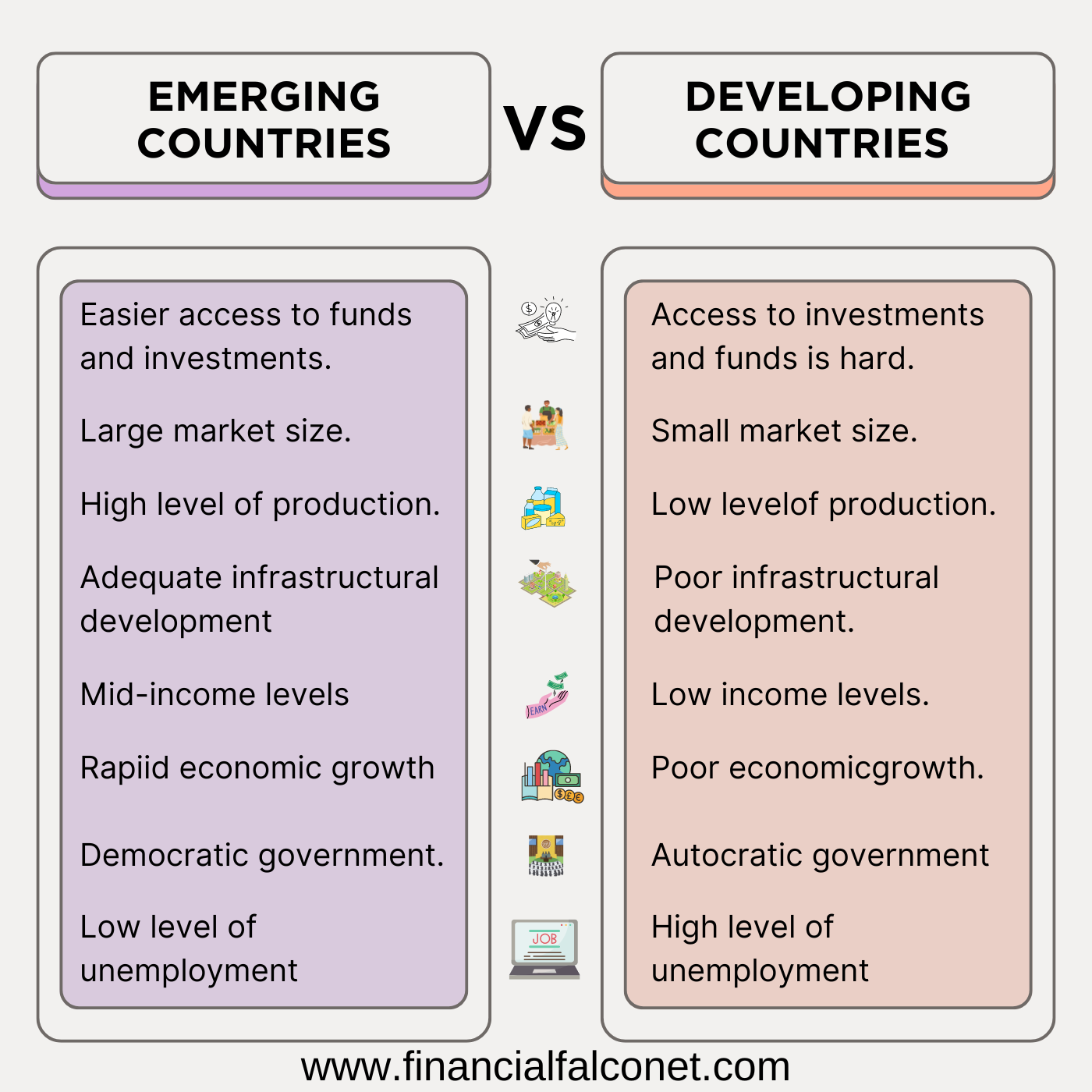Content Marketing vs Content Strategy
Content marketing vs content strategy
Content marketing and strategies depend on one another to be successful. Although they are of two distinct functions, they often build off one another into a cohesive strategy. For instance, in an organization, a content marketer will be responsible for the planning, creating, and sharing of valuable content to attract and convert prospects into customers, and customers into repeat buyers. His main job is literally to educate people so that they know, like, and trust the brand enough to do business with it.
A content strategist, on the other hand, is responsible for studying personas and buyer journeys in order to develop educational assets. This individual answers questions about how and where to communicate brand promises to audiences. He basically develops educational content, uses storytelling to support sales cycles, and determines the channels for reaching audiences as well as how to scale relationships.
As you can see, the two functions are distinct but interrelated. Content marketing is excellent but without a content strategy, it is less productive. It is like embarking on a journey without a set destination. This is because, without putting the right strategy in place, one will waste his or her valuable time and energy putting out content that will only earn mediocre ROI.
Once, a content strategy is implemented as the blueprint and foundation of a content marketing effort, amazing results are bound to be seen. Conclusively, content strategy is the foundation on which content marketing is built. It directs the success of a brand’s content marketing.
How to implement content strategy
- Why are you creating and publishing this content?
- Who are you trying to reach out to with your content marketing?
- What kind of content should you publish?
- Who will create your content?
- How do you measure your content marketing success?
In order to get it right, you can cross-check your content strategy on a regular basis with these questions listed above. To be honest, fully fleshing out your content strategy will take more than just answering these questions, but it can help give you a foundation you can work with. You can build on these questions and then rely on broader research and further strategic planning with brainstorming.
Why are you creating and publishing this content?
Your content strategy should answer why you’re publishing content. Every content you publish should be focused on a certain goal. Your content strategy helps you decide what exactly is your goal. For instance, composing emails to gain clicks to your website or writing blog posts to establish authority in your niche. All these are done at the right time, set before the target audience, and then measured for success. When you have the right strategy in place, you won’t just randomly create a piece of content that doesn’t get you closer to your content marketing goals.
Who are you trying to reach out to with your content marketing?
It’s important to know the audience you’re trying to reach with your content marketing. You should ask questions like:
- What are your target audience’s major pain points?
- Why are they reading your content?
- How can your product or service help improve the lives of your audience?
Imagine putting content out there to no one in particular. You will realize that no matter how good your words are, they will lack the real feeling and substance. This is because it is not targeted at anyone in particular. But when you know who you’re targeting and what they want or need to hear, you tend to structure your content to appeal to them.
Here are a few tips on how to implement your content strategy to speak to your target audience:
- Create content personas
- Gather information about your audience
- Each time you make or write content, make fictional characters you can address
- Always remember the buyer’s journey
- Your target audience will be in either a state of awareness, consideration, or decision-making. Hence, you need to know what will trigger something in them in each one of these states that they may be.
What kind of content should you publish?
In content strategy, you need to decide your kind of content. There are several kinds of content you can publish online such as blogs, ebooks, infographics, social media messages, podcasts, etc. You can decide if you want your content short or long. You can choose to publish on your social media, or website or as a guest blogger on another influencer’s site.
What is more important is that you need to take a deep look into what your brand needs and its goal when choosing the kind of content to publish. Hence, you find out the exact kind of content you need, and where you should promote it, and then go ahead to set a schedule to create and publish it.
Who will create your content?
Content strategy is also about deciding who will create your content. Will you write and create them yourself? You may plan and decide to do this yourself but as your brand grows you can set a budget for high-quality content. To keep your content flowing steadily, one can hire expert writers as well as a content manager to help with the content calendar. Hiring a content strategist can also be an excellent addition to your team.
How do you measure your content marketing success?
Another tool of content strategy is setting metrics to measure your content marketing success. As you pursue your content marketing goals, it is crucial to know how well each piece of content published is doing. For instance:
- Are those your case studies converting prospects into clients and customers?
- Are your emails gaining clicks to your website?
- Do your blog post get engagement from readers?
Your content strategy will help you answer these questions. This is because as you work on your strategy, you discover metrics to determine content success. Some of these metrics may include time on page, bounce rate, scroll depth, customers feedbacks, etc.
How to implement content marketing
- Making blog posts
- Using a guest blog post
- Use of ebooks
- Use of infographics
- Video marketing
- Email marketing
After establishing your content strategy, you’ll want to define the kind of content marketing you’ll be implementing. Examples of content marketing you can implement include:
Making blog posts
You can continually bring in new traffic to your business blog by posting informative content. This can also improve your organic search engine optimization result. Moreso, it offers a great opportunity for you to converse with new prospects as well as past customers.
Using a guest blog post
When you create informative and engaging posts that are related to your niche for authoritative sites, it can help establish you and your brand as an authority. It can also help you drive new traffic to your own website.
Use of ebooks
The use of free e-books with helpful and essential information can help boost opt-in rates for email marketing (see inbound email marketing strategy). This happens to be a great lead generation and customer relationship management tool.
Use of infographics
Using infographics brings great viral potential. You can post them on all your social media which can often be shared by others and will link back to you.
Video marketing
A great way to attract people interested in your product or services is through video marketing. You can position your production as a solution to solve what they want or desire.
Email marketing
This offers a great opportunity to strengthen relationships with leads and past customers alike.


